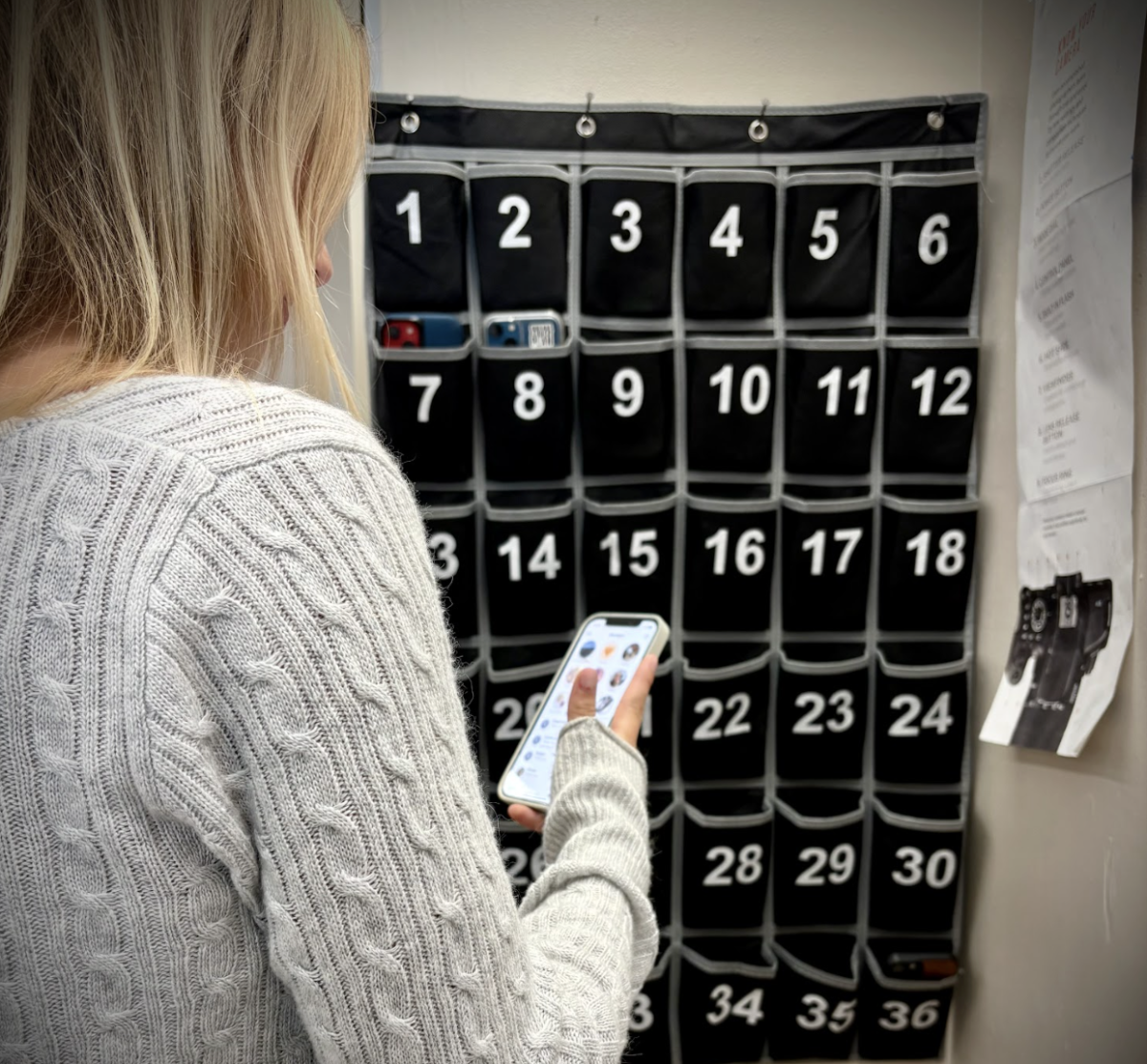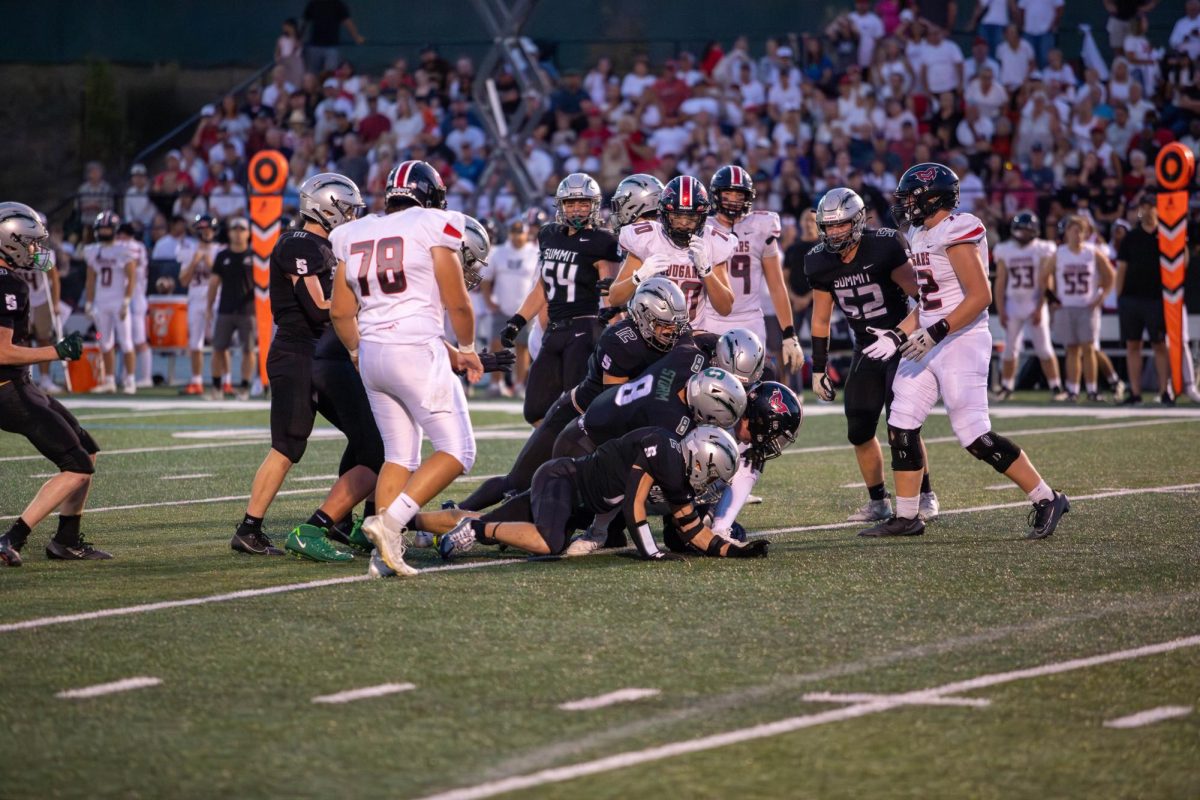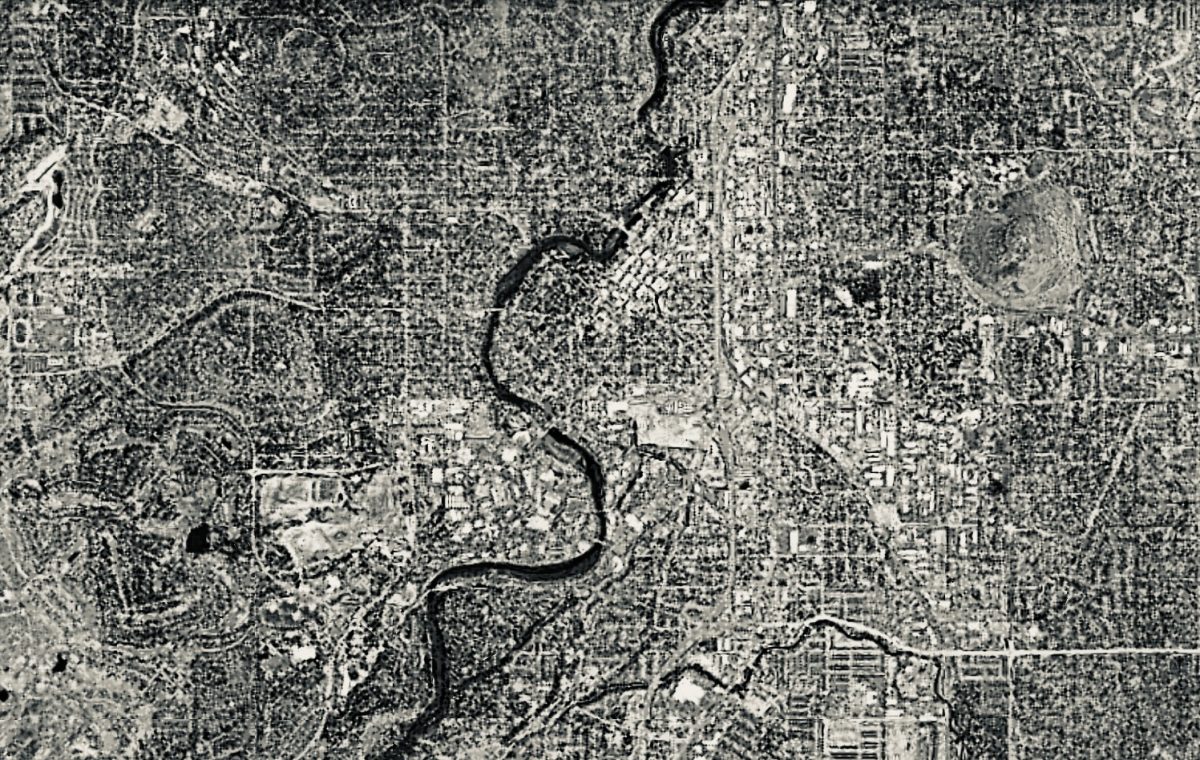Wary neighbors and aggrieved residents gathered in Summit High School’s Commons last month on Oct. 25 for a meeting with Bend’s leaders in the face of a potential transportation utility fee. The town hall, hosted by the Summit West Neighborhood Association, included a presentation from Bend Mayor Melanie Kebler followed by a Q&A.
The proposed $15 dollar monthly fee would be collected through normal utility bills such as a sewer bill. Although no public vote is required to instate this payment, members of the Bend City Council and Transportation Advisory Committee are hoping to encourage open communication with Bendites and incorporate feedback received at this and similar meetings.
Throughout the town hall, presenters continued to point to a widening gap between funding and expenses as a justification for a transportation utility fee, or “TUF.” Traditionally, a gas tax has been one of the primary sources of funding for transportation needs, but the amount of money that gas taxes can provide has plummeted. Combined with inflation, city council members argue that the situation is extreme.
With the current proposal, the budget for transportation would be increased by approximately $15 million dollars, money that could be spent on more services (plowing, sweeping, etc.), promoting walking and biking, safety and maintenance.
The pavement condition index, or PCI, is one way to understand the condition of a roadway. On a scale of zero to 100, the industry standard is 83 while Bend’s overall rating is a 75.
According to experts, the maintenance cycle for roads should be about seven years, allowing the city to address issues when they arise. While more expensive in the moment, frequent upkeep saves cities in the long run; fixing problems that occur due to lack of maintenance costs more than the maintenance itself.
“It’s a marathon, not a sprint race,” said David Abbas, the Streets and Operations Director for the city.
Compared to similar towns, Bend has some of the lowest permanent rates, levies and general obligation bonds.
“If we were… Redmond today and Redmond is smaller than us… we would have roughly ten million dollars more per year to spend in our general fund on purposes such as transportation,” said Mike Riley, a city council member and co-chair of the Citywide Transportation Advisory Committee.
Yet, many Bend residents don’t understand why a TUF has to be the solution. In short, city leaders argue that a transportation fee has the most flexibility in terms of how the money can be spent.
General obligation bonds and system development charges can only pay for capital investments and new infrastructure, not operations and maintenance. Tourism taxes were a popular idea but the use of this money is restricted by the state; 70 percent of the money collected must be used for tourism promotion.
After their presentation, city council members were met by a variety of reactions from the town hall attendees, many of whom appeared to not understand that a tourism tax is an unviable option.
“I just want to really emphasize that this is a state law, so if you all think that it should be passed you need to be talking to your representatives,” asserted Riley.
Other ideas from residents included a special “entrance tax” for people that move to Bend from out of state, while one man thought that a $15 dollar entrance fee wasn’t high enough. A man who introduced himself as Richard thought that the decision shouldn’t be made by city leadership.
“If we really are a democracy of the people, by the people and for the people, I challenge the council to put this on a future ballot and we’ll see how it goes,” said the Central Oregonian.
The replacement cost of all of the road surfaces in the city of Bend, excluding paint and other installations, is valued at $829.3 million dollars. The community must wrestle with the proposed transportation utility fee to find a balance between excessive expenses and proper funding for the city.

































